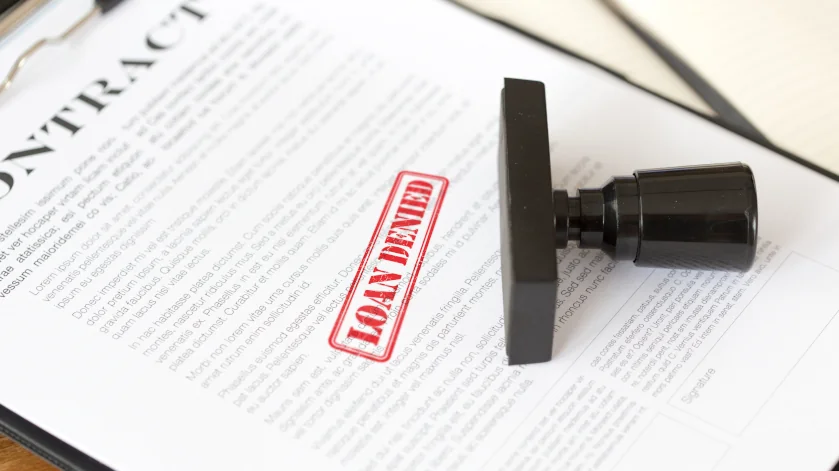
How To Avoid Getting Your Home Loan Application Denied
Tips to Keep In Mind When Purchasing A Home
When you’re purchasing a home, to some, it can be cumbersome. 99% of the time, you will need a home loan, unless you’re an avid investor seeking and hunting for passive income or 1031 exchanges.
When you do take the leap of faith to purchase your new home, be prepared! The rounds of questions that will head your way, will make you feel like you’re in the middle of an IRS audit.
You will need to divulge private and personal information such as:
- Your monthly income
- Last 2 years of your tax returns
- Verification of Employment (VOE)
- Verification of Reserves (VOR)
- Last 2 month’s bank statement or paycheck stubs depending on the loan type
Some non-confidential information that you’ll need is the required ratios in your:
- Debt to Income
- Loan to Value
Making sure your home loan does not get denied is an important hurdle in purchasing a home or any investment property. Make sure to review your requirements for anything missing or off in some way, catch it and fix it before you submit the wrong information. You want a smooth process from submission to closing.
What Are Some Potential Denial Reasons & How Can You Prepare for Them?
Depending on the loan type you’re seeking – whether stated income for investment or small business purposes or W2 for consumer housing loans – your requirements will differ in some ways.
Verified Income:
- Otherwise known as an income verification loan, will require several documents.
- Tax returns for the previous 2 years
- Verification of employment (VOE)
- Paycheck stubs for the previous couple of months
- Verification of Reserves (VOR)
- Among other documentations based on city, state or federal requirements.
A verified income loan considers your current state of employment. It requires your employer’s involvement when executing a verification of employment. If your VOE cannot be fulfilled by your employer, it can be a very valid reason to get your loan denied. This is not usually the case, most employers will return the VOE in a timely manner. It is not at the top of the list of reasons to get your loan denied but it is one.
Your DTI and LVT is not personal or sensitive information however, you will need to meet certain ratio requirements to be approved for your desired loan amount. The ratio requirements will differ if your loan is stated or verified income. We explain DTI and LTV ratios further in the following article.
RELATED ARTICLE: Financing Requirements For Home Purchases
Stated income loans will allow you to state what you make each month. However, since the housing market collapse in 2008, many regulations have been implemented that will limit the negative impact to our economy due to another housing market crisis.
As of 2017, stated income loans are only available to small business owners and investors. It is against the law to sell a stated income loan to a housing consumer. The consumer financial protection bureau regulates – very strictly – owner occupied homes.
STATED INCOME:
- A stated income loan will require a slight change to the documents that will be requested from you.
- You will still need to the last 2 years of tax returns.
- A verification of reserve funds will still be required.
- You can state your income instead of providing paycheck stubs or bank statements.
You may still need to present 2 months bank statements to verify that the reserve funds DO belong to you. Some lending institutions may request it to confirm the money wasn’t momentarily borrowed to satisfy lender requirements.
Meeting these basic points will be a great start for your home purchasing endeavors. Your next step after reading this article is to call the Kashmiri Team to complete your pre-qualification process. You will be walked through every step of the loan process with a certified loan specialist in the Kashmiri Realty network, and a Realtor or Broker specialist will be available to answer any of your questions or concerns.


